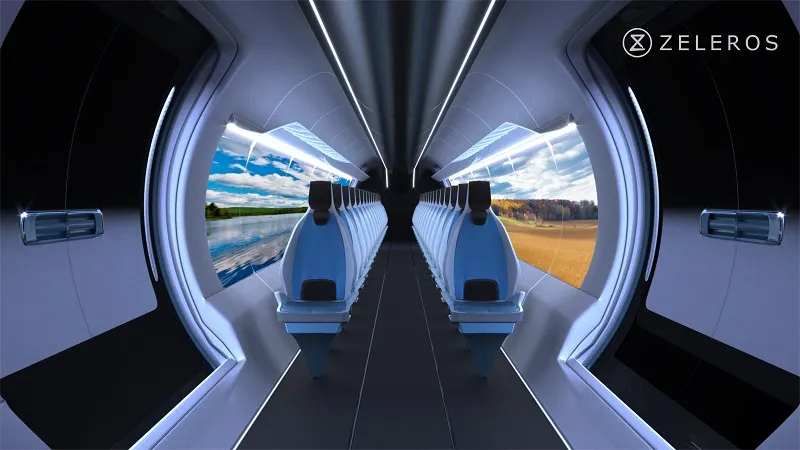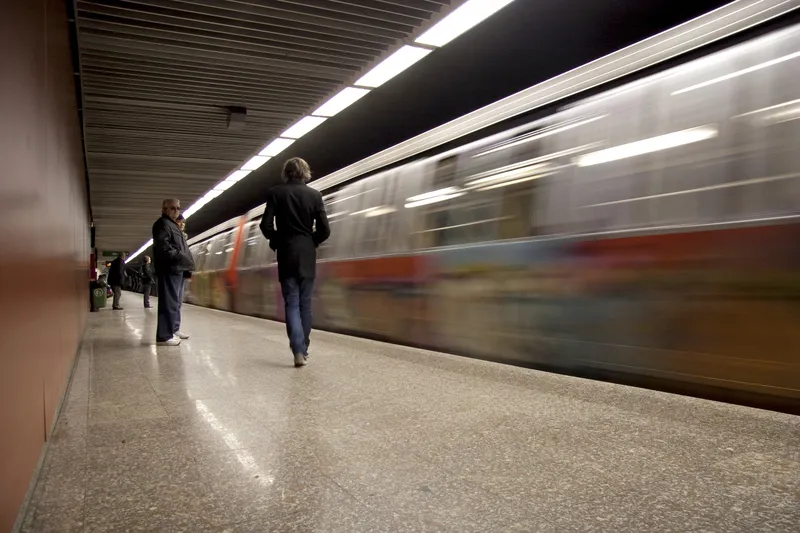
Spanish firm Zeleros Hyperloop has raised more than €7 million in a new funding round.
Hyperloop involves special vehicles travelling through a network of low-pressure tubes at speeds up to 1000km/h, over distances between 400km and 1,500km.
The company, based in Valencia, says the money will be used to develop the vehicle and "core technologies".
CEO David Pistoni, Chief Executive Officer at Zeleros, said: “These new funds will boost a major milestone of developing and demonstrating our technologies in a real environment of operation, bringing Zeleros closer to a multi-billion market opportunity to be captured in the next decades.”
Lead investor, engineering group Altran, says it is "accelerating disruptive innovation".
Pilar Rodríguez, Altran Spain strategy, innovation and R&D director commented: "With technologies like hyperloop we are changing the future of mobility."
Supporters of the concept say that hyperloop will be quick, with minimal energy cost and zero direct emissions, cutting routes such as Paris to Berlin to less than one hour.
Zeleros claims that a consolidated European hyperloop network could remove seven million tonnes of greenhouse gas emissions each year.









